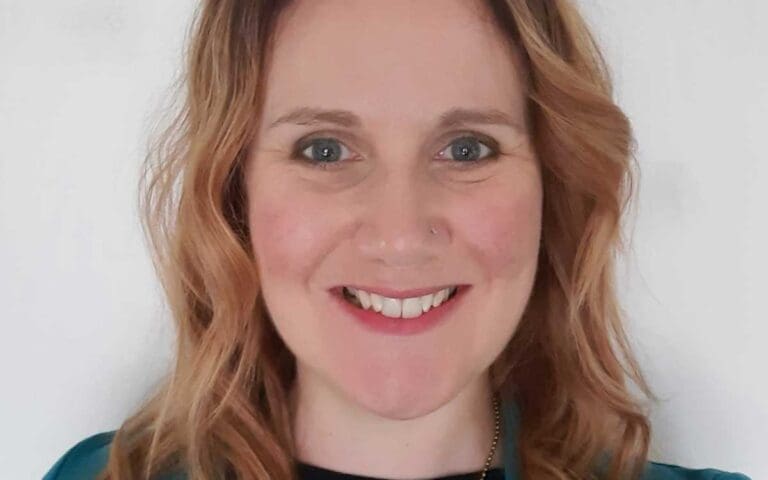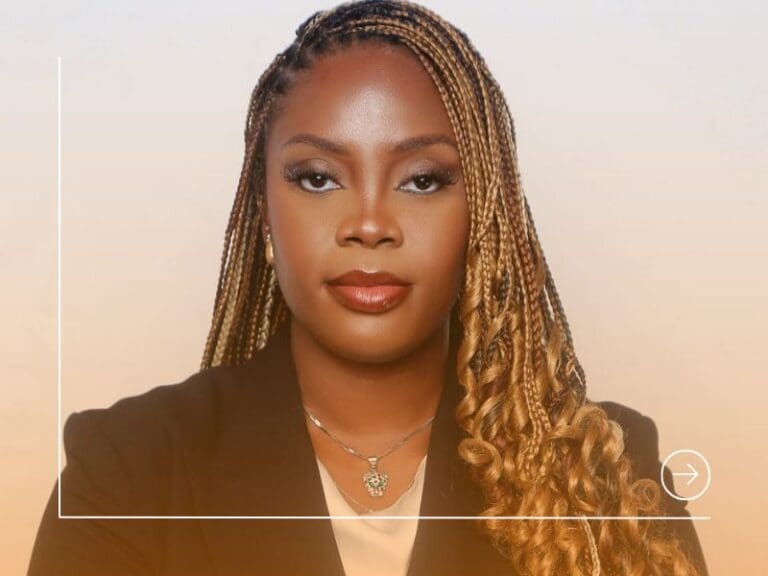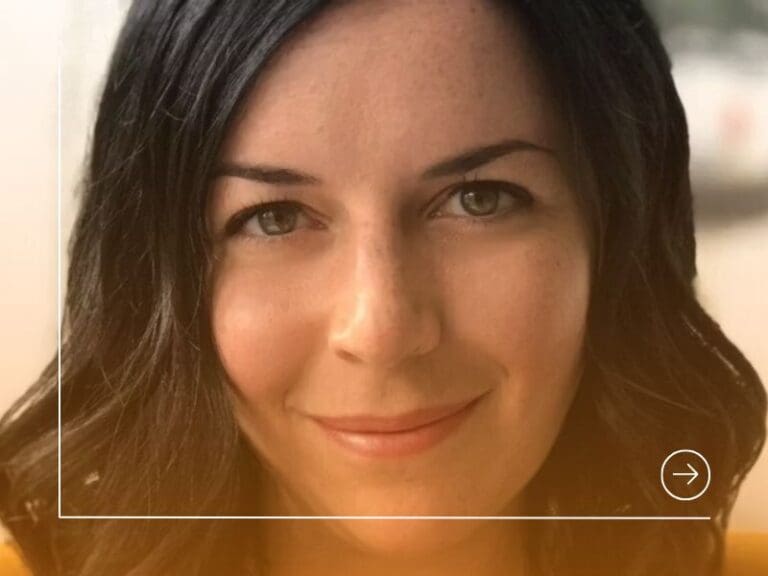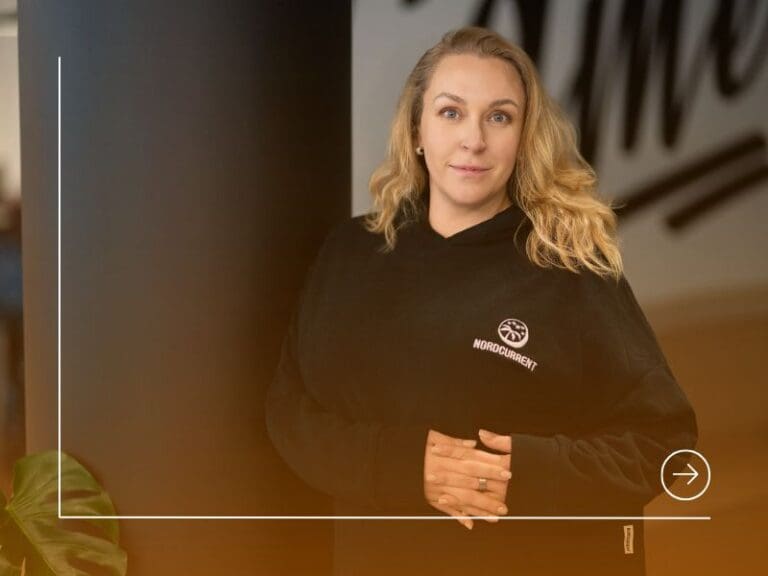Jennie has almost 20 years working in the technology industry.
She is currently Deputy Head of Engineering for Saab UK’s Public Safety Solution, and has previously worked for Kellogg’s and Bentley Motors.
How did your career journey lead you to your current expertise, and what key roles do you see in your field of work?
My career journey unexpectedly led me to my current role. Initially, after nearly 18 years of experience in IT manufacturing, I aimed to transition from technical roles to managerial positions. I joined Saab UK as a Team Manager, but within six months, I was promoted to Deputy Head of Engineering for Public Safety Solutions (PSS). This progression into management was a natural evolution, stemming from my background in computing and experience in web development. I gradually shifted towards roles involving less technical ‘hands on’ work to more customer interaction and project management. Witnessing the passion of talented individuals inspired me to pursue managerial positions, where I could support and collaborate with others.
In my field of work, strategic thinking is crucial for identifying immediate solutions while considering long-term goals. Additionally, listening and understanding individuals’ goals and support needs are vital for effective coaching and support. Recruitment and talent management play pivotal roles, ensuring individuals thrive within the organization. My expertise aligns with my desire to support and develop people in their careers, offering opportunities for growth and contributing to the organization’s overall success.
What are you most proud of in your career, so far?
I take pride in successfully juggling the responsibilities of being a mum and having a full-time job. It’s not easy, but I’ve managed to balance both aspects of my life, from making key decisions for the organisation to being there for my daughter and showing her the importance of hard work and dedication. Despite the challenges of conflicting priorities, I’ve learned to navigate through them and find a balance that works for me and my family.
It’s all about figuring out what is important to you, then finding a workplace that accepts and accommodates your personal responsibilities, whether it’s childcare or other commitments, and being able to fulfil your professional duties effectively.
Are there any specific skills or traits that you look for when recruiting?
When recruiting, I prioritise three main qualities in candidates. Firstly, I look for the competency to meet the requirements of the role, whether it’s technical or managerial. While I don’t expect candidates to tick all the boxes, I value real experience in specific aspects of the role.
Secondly, honesty is crucial to me. I appreciate candidates who are transparent about their experiences, even if they haven’t achieved certain things. I prefer honesty over embellishment because it allows me to see the real person behind the resume.
Lastly, I seek candidates who are communicative and actively listen during conversations. It’s essential for individuals to engage in dialogue at any level in the organisation and be receptive to others’ opinions. Collaborative individuals with open minds are valuable assets to our team.
Have you ever faced insecurities and anxieties during your career, and how did you overcome them?
Yes, there have been times in my career where I’ve faced insecurities and anxieties. Sometimes, I’ve felt like I may not be as good as I should be or experienced conflicts in prioritising between work and family. Early on, I struggled with feelings of not being good enough, often associated with imposter syndrome.
To overcome these challenges, I’ve leaned on the support of trusted colleagues and mentors. I’ve been open about my feelings and sought feedback from others, which has helped me gain perspective and reassurance. Having someone to provide honest advice and feedback has been invaluable in navigating through these insecurities.
Additionally, I’ve learned the importance of being honest with myself and recognising when I need help or guidance. It’s okay to admit when I haven’t experienced a situation before and ask for assistance. Seeking advice from those who have been through similar experiences has been instrumental in learning and growing professionally.
Ultimately, overcoming insecurities and anxieties often involves reaching out for support, whether it’s from trusted colleagues or mentors, and being willing to learn and grow from the challenges we face.
What would be the advice that you give to people or specifically women that are feeling overwhelmed in the workplace?
If you’re feeling overwhelmed in the workplace, my advice would be to take a moment to breathe and assess everything that’s on your plate. Sometimes, simply making a list of tasks and getting help to prioritise them can provide clarity and reduce the feeling of being overwhelmed. I’ve personally experienced times when requests were coming from all directions, and creating a list helped me delegate tasks and manage my workload more effectively.
It’s also essential to recognise and celebrate your achievements, no matter how small they may seem. Even something as simple as having a positive conversation with a colleague can be considered a win. Acknowledging these little victories can boost morale and help combat feelings of overwhelm.
Throughout my career, I’ve been fortunate to have support and never felt alone or unsupported. Being listened to and having the autonomy to make decisions have been crucial aspects of my professional journey. In today’s remote working environment, there are opportunities for women to thrive, but it’s essential to maintain honesty and understanding about everyone’s unique circumstances. Remote work can offer flexibility, but it’s important for organisations to recognise that people have lives outside of work and to foster a supportive and inclusive environment.
Overall, my advice would be to take a step back, prioritise tasks, celebrate your achievements, and seek support when needed. Remember that it’s okay to ask for help and that you’re not alone in feeling overwhelmed.








